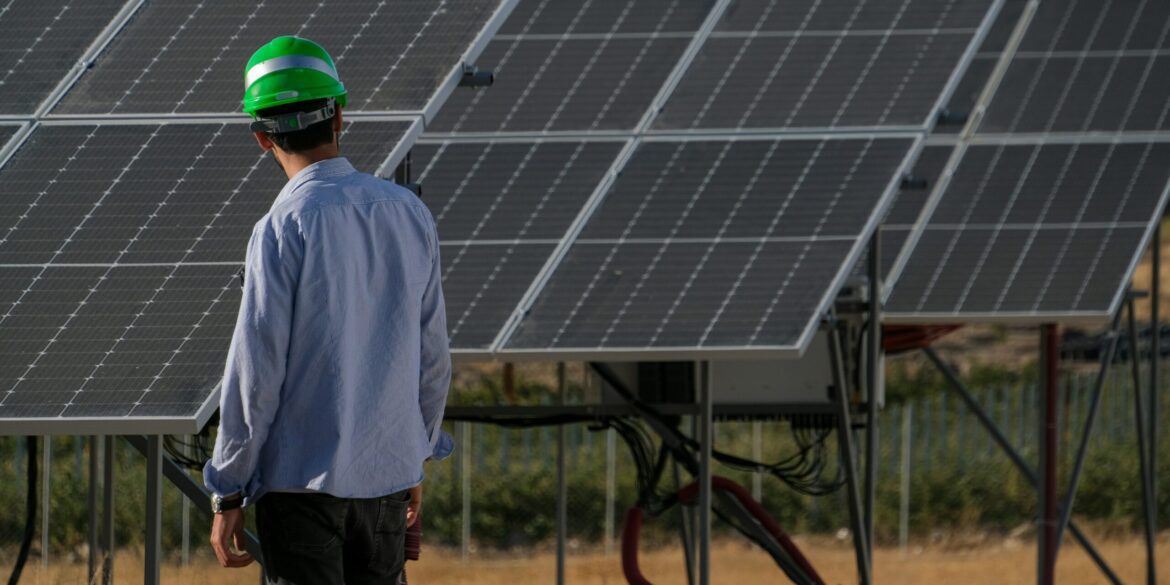Clean-energy tax incentives, once a bipartisan policy tool for job creation and infrastructure modernization, have become a flashpoint in today’s Republican Party. A June 18 Reuters analysis reveals a growing rift within GOP ranks as the economic benefits of clean-tech investment—spurred by the 2022 Inflation Reduction Act (IRA)—collide with long-standing conservative beliefs about fiscal responsibility and limited government.
At the heart of this debate is a paradox: while Republican-led states such as Texas, Utah, and North Carolina are among the top recipients of new clean-energy investment, many GOP lawmakers are leading the charge to dismantle the very tax credits responsible for that growth.
Clean Energy’s Red-State Boom
Since its enactment, the IRA has catalyzed over $132 billion in private-sector investment in renewable energy, according to data from the American Clean Power Association. A substantial portion of that investment has landed in red states, attracted by affordable land, existing infrastructure, and right-to-work laws. Utah alone has drawn more than $3 billion in clean-energy projects, with projections of another $10 billion in the pipeline.
These projects—ranging from solar panel manufacturing to hydrogen hubs and grid-scale battery storage—are already creating jobs, boosting local tax revenue, and transforming regional economies traditionally rooted in oil and gas.
Despite these tangible benefits, the incentives underpinning this clean-energy boom face staunch opposition from some corners of the Republican Party.
Ideological Tensions: Tax Burden or Economic Catalyst?
Senator Mike Lee (R-Utah), a vocal fiscal conservative, has emerged as one of the most prominent critics of the IRA’s clean-energy provisions. He argues that federal subsidies distort market competition, artificially inflate industries, and ultimately saddle taxpayers with unnecessary debt.
“These credits represent the kind of central planning that Republicans have long opposed,” Lee said in a recent address. “We cannot afford to build our economy on the back of politically favored industries.”
Lee’s position reflects a traditional GOP ideology centered on free markets, limited government, and deficit reduction. Yet it contrasts sharply with the more pragmatic stance taken by others in the party who view the credits as vital economic tools.
Pragmatism in Practice: Jobs and Energy Security
Senator John Curtis (R-Utah), who also represents one of the most investment-heavy states, warns that a full-scale rollback of clean-energy credits would jeopardize jobs and energy security. As the chair of the Conservative Climate Caucus, Curtis supports a phased and selective approach to reforming the IRA rather than gutting it outright.
“Energy policy should be smart, not reactionary,” Curtis said. “Our communities are seeing real benefits—new jobs, economic growth, and improved energy reliability. That progress shouldn’t be thrown away because of political dogma.”
Curtis is not alone. A growing number of Republicans from investment-rich districts are quietly pushing to retain certain credits, especially those tied to hydrogen, carbon capture, and manufacturing.
A Party Divided
The divide over clean-energy incentives has played out in recent budget negotiations, where a proposed Republican spending package—dubbed the “One Big Beautiful Bill”—aims to slash several IRA programs. However, internal resistance has complicated the process.
Thirteen House Republicans recently signed a letter urging Senate leadership to preserve clean-energy provisions vital to their local economies. Meanwhile, Senators Thom Tillis (R-NC), Shelley Moore Capito (R-WV), and Lisa Murkowski (R-AK) are among the moderates working behind the scenes to shield key elements of the IRA.
The debate has also drawn attention from business leaders and energy investors, who warn that policy uncertainty could freeze capital and stall construction on projects already underway.
Broader Implications for Energy and Climate Policy
Beyond economic and political calculations, the fight over clean-energy credits is shaping the future of America’s energy transition. Industry leaders argue that repealing these incentives would hamper U.S. competitiveness in the global clean-tech race and delay progress toward grid modernization and decarbonization.
Major trade groups—including the Solar Energy Industries Association and the Hydrogen Council—have emphasized that the IRA’s consistency and predictability are essential to long-term infrastructure planning and technological innovation.
Yet for many GOP hardliners, the broader objective remains curbing federal spending and limiting the government’s role in the economy. The tension is emblematic of a party at a crossroads, trying to reconcile its free-market ideology with a new energy economy that increasingly depends on public-private partnerships.
Looking Ahead
The resolution of this internal Republican debate could have lasting consequences not only for U.S. climate policy but also for the party’s political identity. Will the GOP double down on ideological purity, or evolve to accommodate the economic realities taking root in its own backyards?
As Congress prepares for another round of budget negotiations, the fate of clean-energy incentives remains uncertain. But one thing is clear: the outcome will shape not just the future of energy policy, but the Republican Party’s path forward in a rapidly changing economic and environmental landscape.

